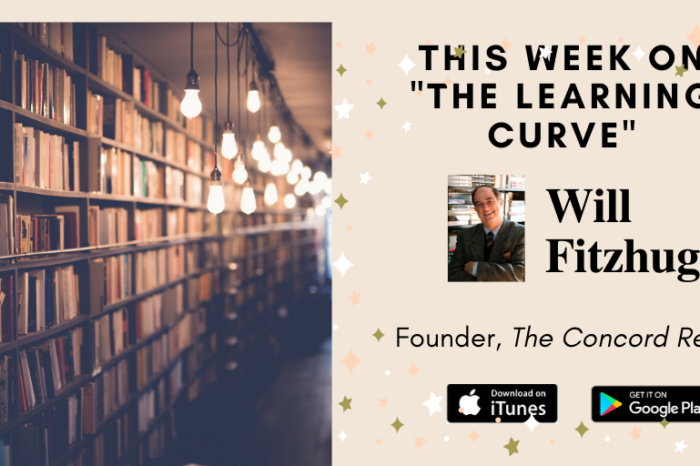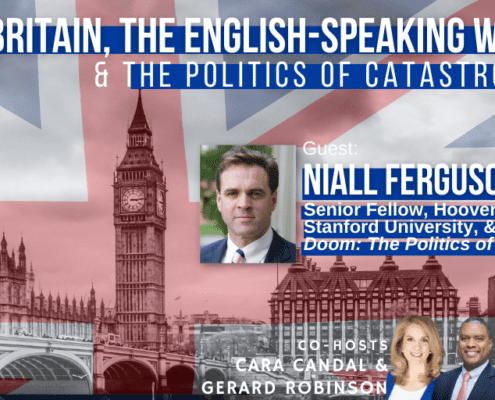Will Fitzhugh on the Enduring Relevance of History Research & Writing
Will Fitzhugh, founder and editor of The Concord Review, an international journal that has published high school students’ history essays for 30 years, joins “The Learning Curve” this week. He discusses the importance of assigning serious history research and writing, and reading non-fiction, in K-12 education. Will describes the diverse backgrounds and successful college and career paths of some of the students published in The Concord Review.
Stories of the Year: New Orleans became the first city in the U.S. to convert all of its district schools to charters – with promising student achievement results. A new California bill will make it illegal for public schools to suspend disruptive students in grades K-8. Will this experiment address overreliance on punishment in the classroom, and racial imbalances in school discipline? A U.S. News story found that 20 percent of federal Title I funding meant for low-income, rural students instead went to larger urban districts with a higher proportion of wealthy families.
Newsmaker Interview:
Will Fitzhugh is the founder of The Concord Review. In well over 100 issues since 1987, the Review has thus far published nearly 1,300 history essays, averaging 8,500 words, by students from 45 states and 40 foreign countries. The Concord Review’s student authors most often attend Harvard, Stanford, Yale, Princeton, and other Ivy League colleges. Will earned a bachelor’s and master’s degrees from Harvard.
The next episode will air on January 3rd, with guest, Lance Izumi, senior director of the Center for Education at the Pacific Research Institute and author of the book, Choosing Diversity: How Charter Schools Promote Diverse Learning Models and Meet the Diverse Needs of Parents and Children.
News links:
The Lens: “New Orleans Quietly Becomes First Major American City without Traditional District Schools”
The Sacramento Bee: California Bans Schools from Suspending Disruptive Kids
Recent Episodes:












